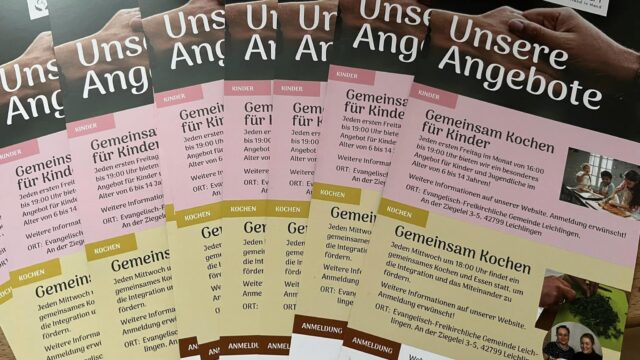Happy Jewish New Year!
מאחל לכולכם שנה טובה מאוד! המון אהבה ובריאות!
With the beginning of the New Year 5784, I would like to send you all my warmest congratulations. May this year be full of joy, love and health for you and your loved ones.
The Jewish New Year, also known as Rosh Hashanah, is a time of reflection, prayer and new beginnings. Let’s take this opportunity to open our hearts, make peace and focus on the positive changes we are striving for in the coming year.
May the year 5784 be filled with countless moments of happiness, wonderful encounters and above all good health for all of you. I wish you a blessed and happy Rosh Hashanah!
The Jewish New Year, known as Rosh Hashanah, marks the beginning of the Jewish year and is one of the most important and celebratory festivals in the Jewish calendar. The Jewish calendar is different from the Gregorian calendar we use in everyday life. It is based on the lunisolar calendar, which takes into account both the phases of the moon and the position of the sun. This results in the Jewish year being about 11 days shorter than the Gregorian year.
Rosh Hashanah falls on the first day of the month of Tishri, which is the seventh month in the Jewish calendar. This may seem confusing at first glance, since it is the beginning of the Jewish year. The reason for this lies in the history and significance of the month of Tishri. This month is marked by spiritual reflection, penance and the beginning of a new cycle of the year.
While Rosh Hashanah is a festive occasion, it is also marked by great seriousness. Faithful Jews use this time to take stock of their past year, recognize mistakes and ask for forgiveness. It is believed that during this time God opens the books of life and judges each person’s deeds for the coming year.
Traditionally, certain prayers are said and the shofar, a ram’s horn, is blown during Rosh Hashanah to encourage the faithful to renew spiritually. It is also customary to eat special foods such as apples and honey to symbolize a sweet year, as well as to say symbolic prayers such as blessings over the New Year and the fruits of the earth.
The number 5784 mentioned in connection with your congratulations is part of the Jewish yearly counting system. It is based on the calculation since the creation of the world as interpreted in the Jewish tradition. This number changes every year, and the current number is determined by adding 3760 (the traditional Jewish count of the date of the creation of the world) to the current year in the Gregorian calendar.
Overall, Rosh Hashanah is a significant event in Jewish life, marking the beginning of a new spiritual year and encouraging believers to reflect on their past behavior and focus on positive changes in the coming year. It is a time of prayer, fellowship and cohesion in the Jewish community worldwide.
From September 15 to 17, Jews celebrate Rosh Hashanah, the Jewish New Year. The festival marks an important milestone in the Jewish calendar and commemorates the creation of the world. Let’s take a closer look at the meaning, date and some of the customs of this important holiday.
Meaning:
Rosh Hashanah, translated as “Head of the Year,” is a solemn occasion that heralds the beginning of the Jewish year. It is a time of spiritual reflection, prayer and self-examination. During the festival it is believed that God evaluates the deeds of each person for the coming year and decides the fates. Therefore, it is a time for believers to repent, ask for forgiveness, and focus on making positive changes in their lives.
Date:
Rosh Hashanah falls on the first day of the Jewish month of Tishri. Note that the Jewish calendar is different from the Gregorian calendar and is based on a lunisolar calendar that takes into account the position of the sun and the phases of the moon. Therefore, the date of Rosh Hashanah changes every year in the Gregorian calendar. In 2023, it falls on the period from September 15 to 17.
Customs:
During Rosh Hashanah, certain customs and rituals are of great importance:
- Prayers: worshippers visit the synagogue to say special prayers expressing their repentance, gratitude and their hopes for the coming year.
- Shofar: The blowing of the shofar, a ram’s horn, is a central ritual. The sound of the shofar reminds the faithful of their spiritual connection to God and is meant to encourage them to repent.
- Symbolic foods: Symbolic foods are eaten during the festival, including apples and honey, to symbolize a sweet year. Eating pomegranates, whose seeds represent the abundance of blessings, is also traditional.
- Greetings: people exchange warm New Year greetings, such as “Shana tova u’metuka”, which means “A good and sweet year”.
Rosh Hashanah is a time of fellowship and togetherness




